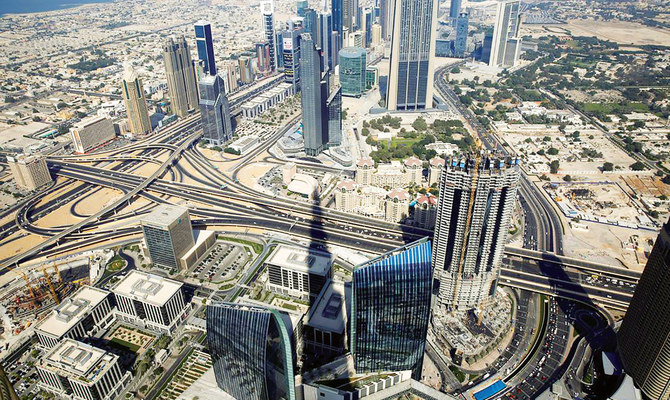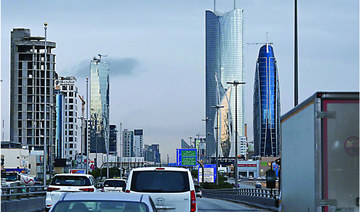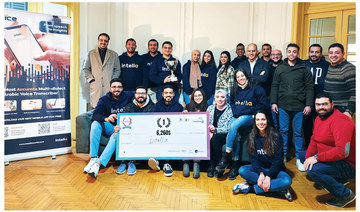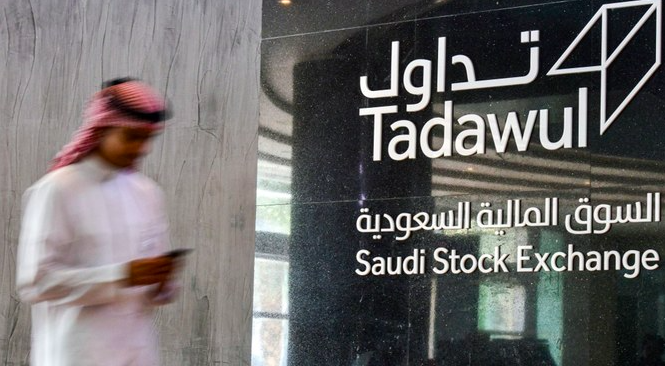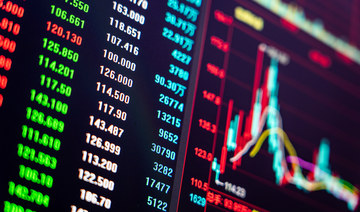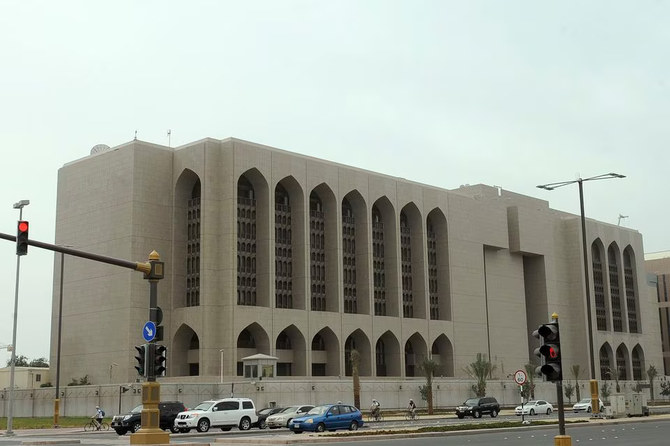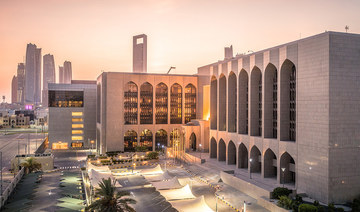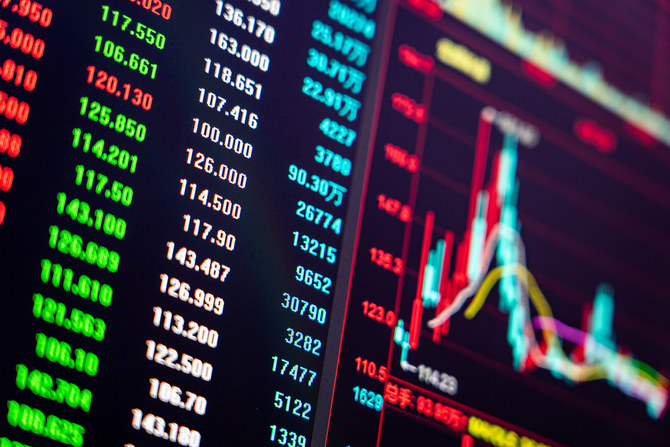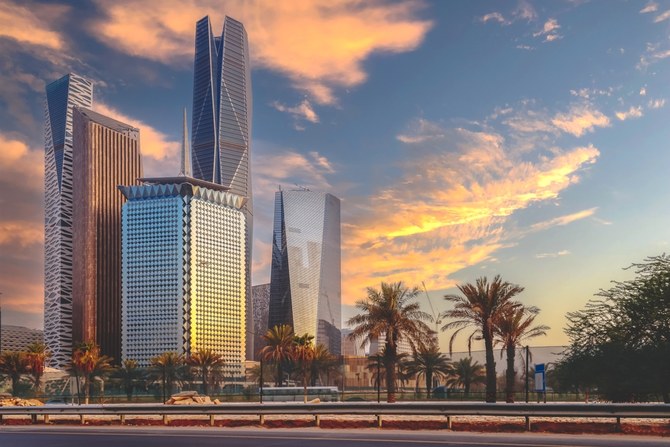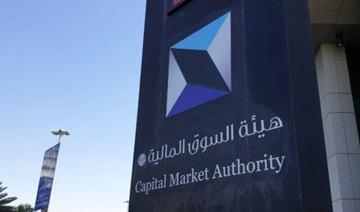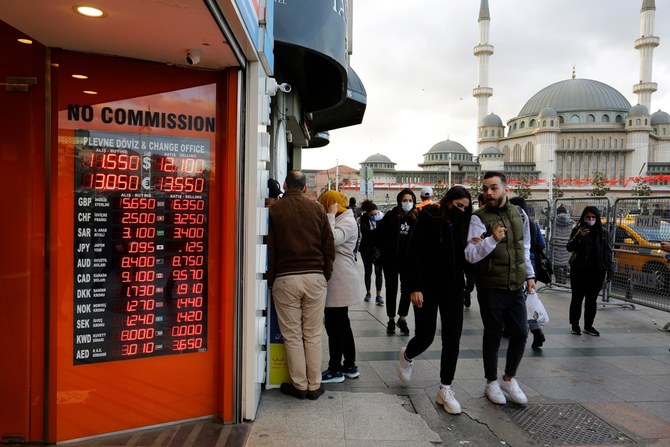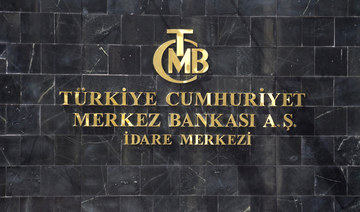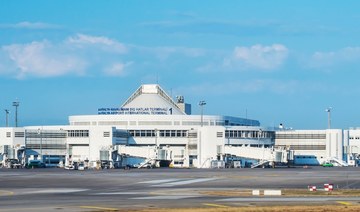CAIRO: Seeking to explore the immense growth opportunities in Saudi Arabia, Dubai-based e-commerce facilitator YallaHub launched a full-throttle expansion plan to enter the Kingdom’s burgeoning market by the second quarter of 2023.
Founded at the end of 2022, YallaHub is a marketplace aggregator and digital distributor that enables brands to scale their e-commerce businesses on a regional and global level.
In an interview with Arab News, Leo Dovbenko, CEO and co-founder of YallaHub, said that the company has set its strategy on Gulf expansion with Saudi Arabia being the primary market.
“Saudi Arabia’s expansion presents a significant growth opportunity for YallaHub. By entering the Kingdom, YallaHub will tap into its large consumer base, leverage the country’s favorable economic conditions, utilize well-developed infrastructure, and establish strategic partnerships,” Dovbenko said.
The CEO announced that YallaHub, with its ambitious objectives, has initiated its expansion process and is set to officially commence operations in Saudi Arabia by mid-summer 2023.
High aspirations
YallaHub reaffirmed its commitment to the Saudi market, by setting ambitious objectives to position the Kingdom at the epicenter of innovation.
“First and foremost, we’re dedicated to helping ‘Made in Saudi’ brands gain worldwide recognition, fostering their growth, and expanding their reach across new markets,” Dovbenko said.
He also highlighted that YallaHub’s support has the potential to help over a million small and medium enterprises escalate their presence regionally and globally.
“Secondly, women are the majority of our clients, wanting to start a simple online business. We are developing educational support to help them,” he said.
“We are committed to empowering female entrepreneurs in the Kingdom, unleashing their potential in the realm of e-commerce. Our all-in-one solution offers a seamless and comfortable platform for boosting e-commerce sales, encouraging women to confidently navigate the digital landscape and achieve success,” Dovbenko added.
YallaHub aims to foster Saudi’s e-commerce growth by offering a comprehensive solution to significantly aid SMEs.
“YallaHub supports the government’s Vision 2030 agenda of increasing the number of SMEs, expanding the geographical coverage of e-commerce delivery beyond the Kingdom’s major cities, and creating a thriving entrepreneurial ecosystem in Saudi Arabia,” Dovbenko said.
He further added that the company’s mission aligns perfectly with Vision 2030’s goal to encourage more women to enter the business world. “YallaHub’s solutions will allow SMEs to scale up operations across the Middle East and North Africa markets and expand globally through various sales channels simultaneously. This, in turn, can lead to overall growth in the Kingdom’s e-commerce sector, increase exports and create a more thriving entrepreneurial ecosystem,” Dovbenko explained.
“Our ultimate goal is to eliminate boundaries for ambitious entrepreneurs who produce innovative products, allowing them to reach new markets without limits,” he added.

By entering the Kingdom, YallaHub will tap into its large consumer base, leverage the country’s favorable economic conditions, utilize well-developed infrastructure, and establish strategic partnerships.
Leo Dovbenko, CEO and co-founder of YallaHub
Dovbenko highlighted that YallaHub’s principal mission is to address the hurdles encountered by businesses during online expansion. He stated that the company is dedicated to eliminating “any obstacles” to regional growth.
With one foot already in the market, YallaHub has sealed five agreements with brands seeking expansion outside the Kingdom, while onboarding 30 brands aspiring to penetrate the Saudi market.
“YallaHub is in partnership negotiations with the Ministry of Investment, the Ministry of Commerce, and the Small and Medium Enterprises General Authority, also known as Monsha’at,” Dovbenko added.
The company is currently opening a local office in Riyadh and is looking to hire an on-ground team.
“We see many companies that want to expand out of the Kingdom and companies who want to enter this market. Our Saudi office will work in both directions, and this will help us to grow faster,” he added.
YallaHub offers an extensive array of products designed to dismantle any scalability hurdles facing e-commerce businesses.
The company offers registration and licensing services, export and import assistance, storage and fulfilment, super-fast delivery, marketing, e-commerce setup and payment gateway rent.
YallaHub’s primary target market comprises countries in the Gulf Cooperation Council which include Bahrain, Kuwait, Oman, Qatar, Saudi Arabia and the UAE.
HIGHLIGHTS
• The company offers registration and licensing services, export and import assistance, storage and fulfillment, super-fast delivery, marketing, e-commerce setup and payment gateway rent.
• YallaHub’s primary target market comprises countries in the GCC which include Saudi Arabia, Bahrain, Kuwait, Oman, Qatar, and the UAE.
• Dovbenko elaborated on YallaHub’s strategy to harness the GCC market’s strong purchasing power, favorable economic climate, financial resilience, affordable labor and delivery expenses, urbanized populace and tech-inclined youth.
Dovbenko elaborated on YallaHub’s strategy to harness the GCC market’s strong purchasing power, favorable economic climate, financial resilience, affordable labor and delivery expenses, urbanized populace and tech-inclined youth.
By the end of 2023, the startup aims to attract over 100 brands from all markets and reach $10 million in annual recurring revenue.
“Since its launch in late 2022, YallaHub has introduced over 45 brands into the UAE market including cosmetics and perfumery, personal care, beauty goods and accessories, food and beverage, dietary supplements, home care, small electronic devices, pet products and others,” Dovbenko added.
He also revealed that YallaHub’s grand plan includes expanding across the entire GCC region by 2025. The expansion for this year encompasses the UAE, Saudi Arabia and Qatar, while Oman, Kuwait and Bahrain are on the company’s radar for 2025.
Dovbenko, a seasoned entrepreneur, had previously co-launched YallaMarket, an online grocery marketplace, prior to YallaHub. His earlier venture managed to attract $12 million in funding from regional investors.
He shared that YallaHub intends to secure $5 million in a series A funding round this summer.



